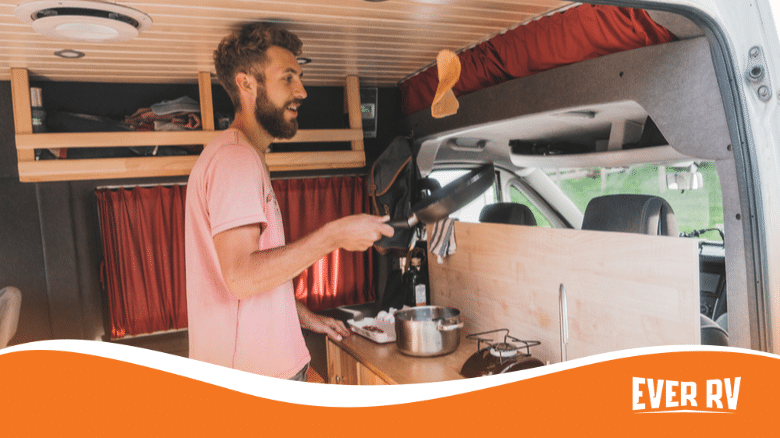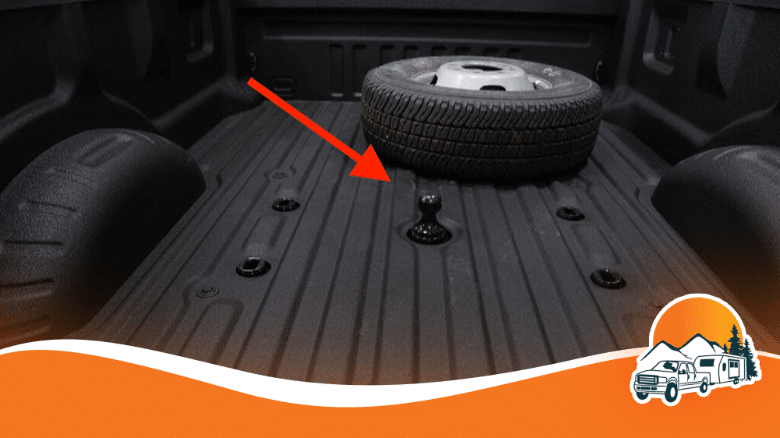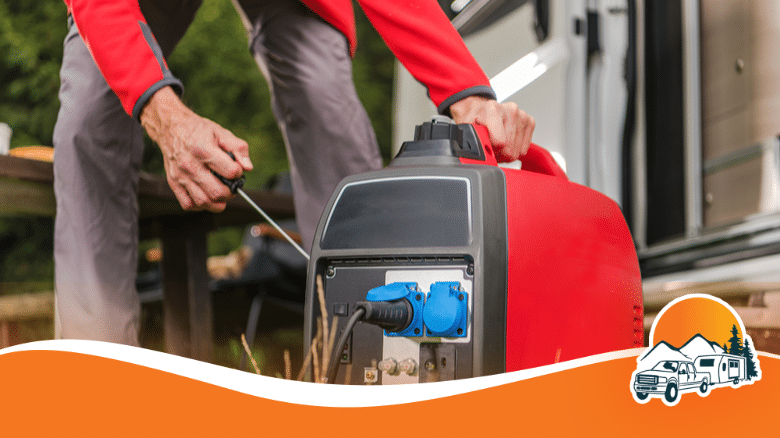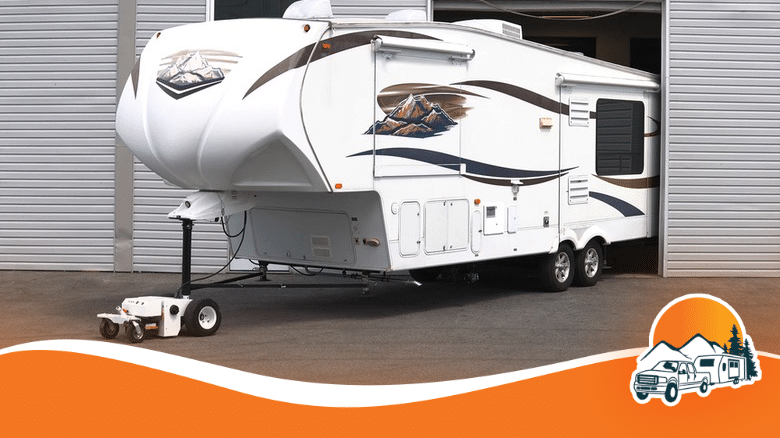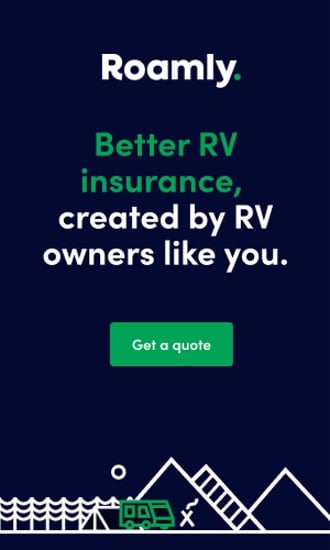Exploring the open road in a campervan is an adventure that offers both freedom and flexibility. With this type of travel, campervan insurance becomes an essential aspect, providing a safety net that allows you to enjoy your journey with peace of mind. Choosing the right campervan insurance policy involves understanding the different types of coverages available as well as the factors that can affect your premiums.
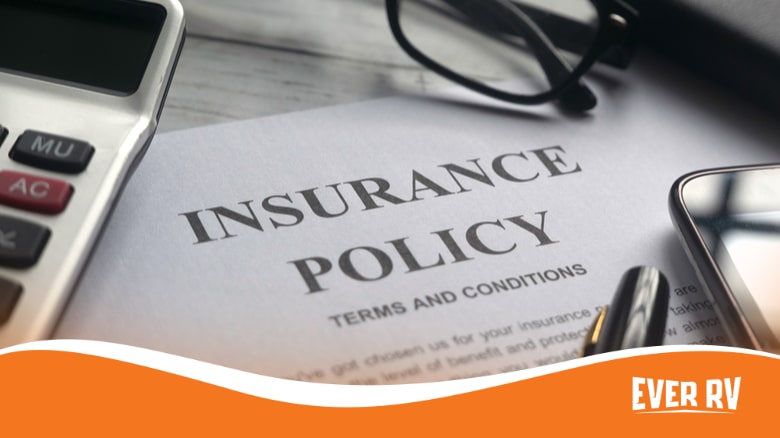
When considering campervan insurance, it’s important to assess your unique needs, which can vary depending on how you plan to use your campervan. Whether you’re embarking on a full-time van life experience or are an occasional holiday goer, there are tailored policies designed to suit different lifestyles. Add-ons like breakdown cover, personal effects cover, and European travel can provide additional protection that’s specific to your circumstances.
Key Takeaways
- Campervan insurance is important for safeguarding your travels and should be customized to your use and requirements.
- Understanding the various coverage options helps in selecting an insurance policy that fits your specific needs.
- Managing your policy effectively includes being aware of potential discounts and knowing how to handle claims.
Understanding Campervan Insurance
Campervan insurance is specialized coverage that protects your vehicle and your travels. It’s tailored to meet the unique needs of the campervan lifestyle.
What Is Campervan Insurance?
Campervan insurance is a type of motor insurance specifically designed for campervans and motorhomes. It’s more comprehensive than standard car insurance because a campervan serves as both a vehicle and a mobile home. Coverage typically includes protection against road accidents, theft, and sometimes the contents within your vehicle.
Types of Campervan Insurance Policies
- Third-Party Only: This is the minimum coverage required by law, covering damages to other vehicles and injury to others in an accident you’re liable for.
- Third-Party, Fire and Theft: In addition to third-party coverage, this policy protects you against fire damage to your campervan and theft.
- Comprehensive Coverage: This offers the most extensive protection, covering third-party liabilities, as well as damages to your own campervan in an accident, vandalism, and often includes additional coverages such as personal belongings and equipment.
Coverage Essentials for Campervan Owners
Your campervan insurance policy should at least cover the following essentials:
- Liability Coverage: Protection against the costs of causing injury to another person or damage to their property.
- Collision Coverage: Covers the cost of repairs to your campervan if it’s damaged in an accident, regardless of who is at fault.
- Uninsured Motorist Coverage: If you’re involved in an accident with a driver who isn’t insured, this can help cover your costs.
Choose your policy carefully to match your specific requirements and travel habits.
Choosing the Right Policy
When selecting campervan insurance, it’s crucial for you to carefully compare providers, assess the required level of coverage, and understand the factors that affect policy costs.
How to Compare Insurance Providers
- Research Options: Explore a variety of insurers such as Good Sam, Progressive, and National General.
- Check Customer Reviews: Look for feedback about customer service and claims processing.
Determining the Appropriate Level of Coverage
- Type of Policy: Assess if you need comprehensive insurance for extensive coverage or if third-party liability insurance suffices for your needs.
- Usage Evaluation: Factor in how often and where you use your campervan; this determines the coverage extent needed.
Policy Cost Factors
- Driving Record: Expect that a clean driving history may lower policy costs.
- Campervan Value and Specifications: The value and features of your campervan will influence the insurance premium. High-value campervans or those with customized features tend to have higher premiums.
Remember to read the policy’s fine print to understand what is and isn’t covered before deciding.
Insurance for Different Campervan Uses
When considering insurance for your campervan, it’s crucial to tailor your policy to how you’ll use your vehicle, whether it’s for full-time living or occasional adventures.
Full-Time Living Insurance Considerations
If you’re planning to live in your campervan full-time, your insurance needs are more complex than those of occasional travelers. Full-time coverage should account for the higher risks associated with continuous use and the fact that your van serves as both transport and home. Ensure proper coverage for possessions inside the van since they’re likely to include valuables essential to your day-to-day living. Companies like Roamly specialize in policies for DIY builds and full-timers.
Occasional Use and Rental Coverage
For campervan owners who hit the road less frequently or rent out their campers, insurance must reflect the reduced risk of less frequent use, and the potential liabilities of renting to others.
Look for policies that allow for adjustments based on seasonal use and consider ‘storage’ options like those provided by Geico, which significantly lower rates when your van is not in use. If you’re renting your campervan, check for rental-specific coverage to protect against damages caused by renters.
Additional Coverage Options
When selecting campervan insurance, you must understand the full range of available coverage options. These offer extra protection and peace of mind while on the road.
Roadside Assistance and Breakdown Cover
If your campervan breaks down, Roadside Assistance and Breakdown Cover can be invaluable. This additional option ensures you’re not stranded, providing services like towing, battery jump-starts, and more. Companies like GEICO offer comprehensive plans to swiftly get you back on the road.
Content and Personal Belonging Protection
Securing Content and Personal Belonging Protection safeguards your possessions within the campervan. This cover can replace or repair items lost due to theft, fire, or damage from personal electronics to clothing. Be sure to document your belongings to ease potential claims processes.
European Cover for Traveling Abroad
For those adventures across borders, European Cover for Traveling Abroad extends your insurance protection throughout Europe. It’s designed to meet the legal requirements of each country, offering continuity of coverage as you travel.
Without it, you could face significant out-of-pocket expenses in foreign jurisdictions. Insurers such as Progressive may offer the option to include European coverage in your policy.
Discounts and Savings
When seeking campervan insurance, you can significantly reduce your premiums by taking advantage of various discounts and savings opportunities offered by insurance providers.
No-Claims Bonus
If you’ve had insurance for a year or more without making a claim, you may be eligible for a No-Claims Bonus. This discount increases with each consecutive claim-free year, rewarding your safe driving habits.
Security Features and Reduced Premiums
Enhancing your campervan with approved security features can lead to lowered insurance premiums. Devices like alarms, immobilizers, and GPS trackers are considered favorable by insurers as they reduce the risk of theft and vandalism.
Membership and Affiliation Discounts
Being a member of specific organizations or clubs can entitle you to exclusive Membership and Affiliation Discounts on your campervan insurance. Be sure to check with your provider if membership in automotive clubs or other associations will unlock additional savings.
Policy Management and Claims
Managing your campervan insurance policy efficiently ensures that you are covered correctly and can navigate the claims process smoothly. Knowing how to make changes to your policy, understanding the claims process, and being aware of how to handle renewals and cancellations are crucial aspects of policy management.
Understanding the Claims Process
If you’re involved in an incident, you need to file a claim with your insurance provider as soon as possible. Contact your insurance agent directly, use the company’s app, or fill out a form on their website. Once submitted, an adjuster will be assigned to your case to evaluate the damages and determine the cost of repairs, taking into account your policy’s coverage.
Making Changes to Your Policy
Life changes, and so might your insurance needs. You can modify your policy at any time, whether it’s to add new coverage options or to remove unnecessary ones. Always verify how these changes might affect your premium.
It’s important to keep your insurance provider informed about any significant alterations to your campervan, such as upgrades or conversions, as they might alter your policy terms or rates.
Renewal and Cancellation Procedures
Your policy comes with a set expiration date, and you’ll typically receive a renewal notice several weeks prior. To renew your policy, simply follow the insurer’s instructions, which might involve a simple confirmation or reviewing any changes in terms. If you wish to cancel your policy, contact your insurer to understand the correct process and any potential fees. Avoid allowing your policy to lapse, as this can lead to increased rates in the future.
Frequently Asked Questions
In this section, you’ll find detailed answers to some of the most common questions about campervan insurance, which will help you make informed decisions for your coverage needs.
What factors determine the cost of insurance for Class B camper vans?
Your Class B camper van’s insurance cost is influenced by factors such as the value of your van, your driving history, and the frequency of use. Storing your RV securely can also impact premiums.
How does RV insurance coverage differ from regular car insurance?
RV insurance typically offers more comprehensive coverage options tailored to the unique risks faced by RV owners, such as personal belongings coverage and full-time residence insurance, which are not commonly found in regular car insurance policies.
What are the key considerations when choosing an insurance provider for a camper van?
When selecting an insurance provider for your camper van, consider their reputation for customer service, claims handling, and the flexibility of their coverage options, which can greatly affect your insurance experience.
Are there specific insurance requirements for camper vans in California?
Camper vans in California must meet certain insurance requirements, including liability coverage. It’s important to check the state’s DMV for the most current requirements or consult with an insurance expert familiar with California’s regulations.
How should one go about insuring a campervan used for commercial purposes?
Insuring a campervan for commercial use generally requires a commercial insurance policy that addresses higher liability risks and covers equipment related to your business. Ensure to disclose the commercial use to your insurance provider to obtain the appropriate coverage.
What coverage options are available for insuring recreational vehicles like camper vans?
Coverage options for camper vans and other recreational vehicles include collision and comprehensive coverage, liability insurance, and additional options like roadside assistance and total loss replacement. Your choice should reflect your specific travel trailer and motorhome usage patterns and needs.

